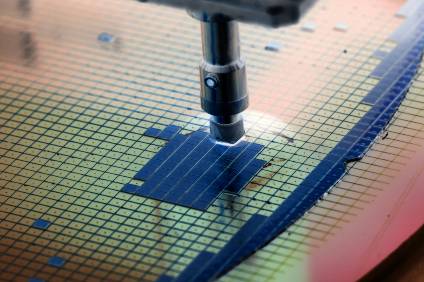
The UK government has announced a new semiconductor strategy that will see £1 billion ($1.24 billion) of government investment in the sector over the next twenty years.
The National Semiconductor Strategy aims to help grow domestic chip firms and boost the UK’s skills in design, R&D and compound semiconductors.
Between 2023-2025, the government will invest up to £200 million to improve industry access to infrastructure and “facilitate international cooperation.”
UK Prime Minister Rishi Sunak said: “Semiconductors underpin the devices we use every day and will be crucial to advancing the technologies of tomorrow.”
“Our new strategy focuses our efforts on where our strengths lie, in areas like research and design, so we can build our competitive edge on the global stage.”
Despite the announcement being welcomed by some, there was some disappointment, with critics pointing out that the EU’s announced $47 billion semiconductor support programme and the US $52 billion Chips Act are far larger than the UK’s pledged amount.
Chloe Smith, Science, Innovation and Technology Secretary, said: “Britain is already a world leader when it comes to researching and designing semiconductor technology.”
She added that the strategy would create more skilled jobs, boost national security and assert the UK’s status as a “global science and technology superpower.”
Among the strategy’s supporters were Rene Haas, CEO of British semiconductor design company Arm, who said it looked forward to working with the government.
Earlier this year Arm, which is majority-owned by Softbank, filed for a “blockbuster” Nasdaq listing, seeking to raise between $8 billion and $10 billion.
The UK said its strategy will safeguard supply chains from disruption. Global supply chain disruptions and increasing tensions between China and Taiwan have pushed the US and EU to invest in new chip manufacturing.






